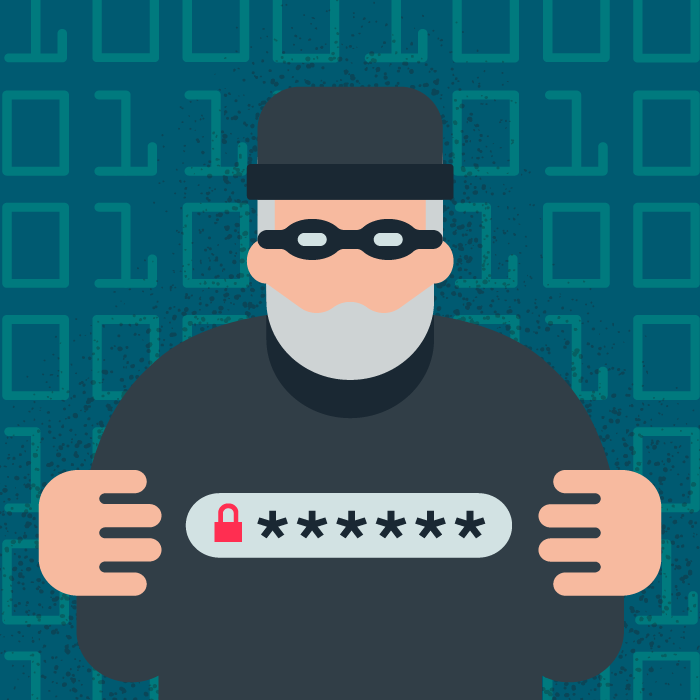In their relentless efforts to steal your personal information, scammers have adopted a deceptive tactic known as phishing. Phishing is when scammers contact you via phone, email, or even traditional mail, pretending to be a company or person you know to get you to provide your personal or financial information.
Recently, there has been a significant increase in Phishing texts. These texts will come from someone claiming to be a company or financial institution you may know. They may even pretend to be KTVAECU®! Usually, these texts will request you to take action. Such actions may include responding with personal information, calling a phone number, or tapping a link in the message. These messages may seem intimidating, but don’t worry! We have tips for you to stay safe when those messages come.
As a reminder, KTVAECU® will never contact you to ask for your card PIN, card security code, or online banking credentials. When we contact you, we may ask questions to validate your identity, but we will not ask you for complete account numbers, card numbers, or online credentials.
WHAT TO LOOK OUT FOR
When you receive a text claiming to be from a company you know, look for these signs of phishing.
Urgency – Phishing texts commonly push a sense of urgency, hoping you will act quickly without thinking. They do this by suggesting an immediate response is necessary. Any message encouraging urgent action should raise a red flag.
Tone – Most companies, especially KTVAECU, will not send threatening or scary text messages. If you receive a message with a threatening tone, this is a key sign it may be phishing.
Familiarity – Ask yourself these questions every time you receive a message claiming to be from a company or financial institution.
- Do you know this sender?
- Were you expecting a message like this?
- Have you ever received messages from this number before?
- Does the content match other messages you’ve received from this company?
Links – Links can often give away whether a text is phishing. While you should never open links in a risky text, look closely at the URL. If the URL does not look like an official website, that’s a key sign this message isn’t authentic. For example, KTVAECU will not send you text messages with links to third-party websites or ask you to call a number from third-party messaging apps like WhatsApp.
WHAT TO DO
If you suspect a text message could be fraudulent, follow these steps.
Do not respond – Never respond to a text message you suspect could be phishing. You may be tempted to reply with questions or inform the sender not to text you anymore, but responding could make it worse.
Call the company – Find the official phone number of the institution the sender is claiming to represent and give them a call. They will be able to verify the authenticity of the messages and help you if there is an issue.
Delete the message – The best thing you can do whenever you receive a fraudulent text message is to delete the message.
Prevention – As with many things, prevention is the best way to take care of phishing text messages. While they may not be avoided entirely, you should be cautious about who you give your phone number. This step of caution can help prevent future phishing messages.
For more tips on keeping your information safe, visit our Information Security Tips page.


